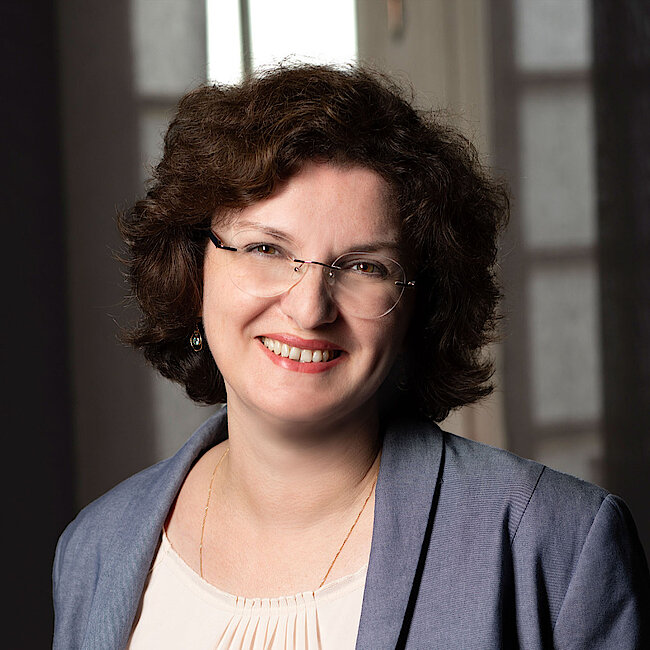
In 2003, I moved with my family from Belarus to Germany. After the move, I realized that to start living in a new country is to start writing history on a blank sheet of paper. You have to create a new network since you no longer have people around you with whom you grew up and with whom you go through life hand in hand. In Belarus I graduated as a metallurgical engineer, specializing in powder metallurgy and composite materials, and worked as a researcher.
After moving to Germany, I was told it was very challenging to acquire the same position straight away. Therefore I have decided to engage in voluntary work. This allowed me to do the most important thing for me at the time – start building the network. I realized that a network is an essential tool for success.
Over time, I realized that the implementation of every intention starts with assembling a team of like-minded people, who truly enjoy what they are doing. To create anything, you need to surround yourself with like-minded people who can inspire you.
So I decided to co-found the Cultural Centre in Braunschweig in 2003, which help me and others to be integrated into the new country of Germany. For me, this amounts to the notion of "creating again a life".
Because of my voluntary work, I found myself in the spotlight. A local newspaper interviewed me. In the interview, I shared my ideas about creating a math competition for children from different parts of the world. I was convinced that science could be a platform for intercultural dialogue. To my surprise, the article met a great response, and within one week, I was offered a job at the Technical University Clausthal. This gave me the possibility to return to my beloved science, the science of materials and gave me access to get my PhD.
Over time, my network has grown into an international voluntary activity, and together with our European partners, who was supporting me since 2008 years, we created Creative Europe EWIV in 2015. So this year I celebrate 15 years together with my team. My team consists of people with different professions and cultural backgrounds.
That gives me the opportunity to view things from different perspectives. Before deciding, I need a wide view of the situation and have all possible information from areas I might not be familiar with. The team allows me to make decisions that are inaccessible from my normal point of view. But they are also my friends to whom I turn for advice. They are people with a lot of professional and life experience.
If I ask one question, I get a huge number of answers from experts in various fields of science. For that, I really value my network.
I always have in mind the main rule of network - keeping a balance between "giving" and "taking".
An invaluable experience showed me that working in science and working in the industry are very different and not always obvious. After my PhD, I moved into the industry. I joined a male-dominated industry. Working in a male-dominated industry, I build up self-confidence and equerry a strong motivation to start my own business.
My beloved science of materials taught me analysis and careful observation. The smallest changes in the structure of materials can lead to great consequences. As you already know, materials are not static; they are in interact with the world around them.
Based on my PhD I created a new material and in December 2020, I co-founded the start-up Soluterials GmbH. We convert pure aluminium into a pure high-performance aluminium material "SoluteriAL" without the addition of critical raw materials and nanoparticles (material and process are patent pending). Due to its unique property profile and infinite application possibilities, SoluteriAL is a true future-oriented multifunctional material.
Over the past few years, I have transferred my knowledge of materials to an understanding of the functioning of social processes. This is reflected in a new volunteer project that I am carrying out with my team. For this project, I gathered a team of experts from different fields of knowledge and cultures. Together we try to understand the structure of the integration process and describe it in a model.
As a project coordinator, I have learned to trust the process of interaction between people. In my opinion, being a coordinator of a great team means creating a comfortable space for meeting challenges. It means creating a supportive atmosphere for solving ever-changing tasks.
Therefore, in my understanding, a leader is a source of inspiration and is aware of their responsibility to the people and the world surrounding it.
![[Translate to English:]](/fileadmin/_processed_/f/0/csm_logodgm-4_b2722eeace.png)
![[Translate to English:]](/fileadmin/user_upload/logodgm-4.png)